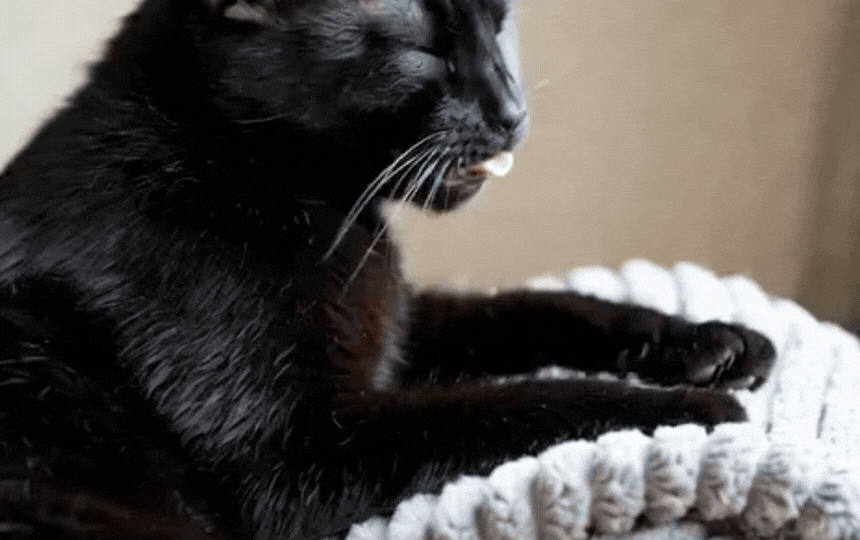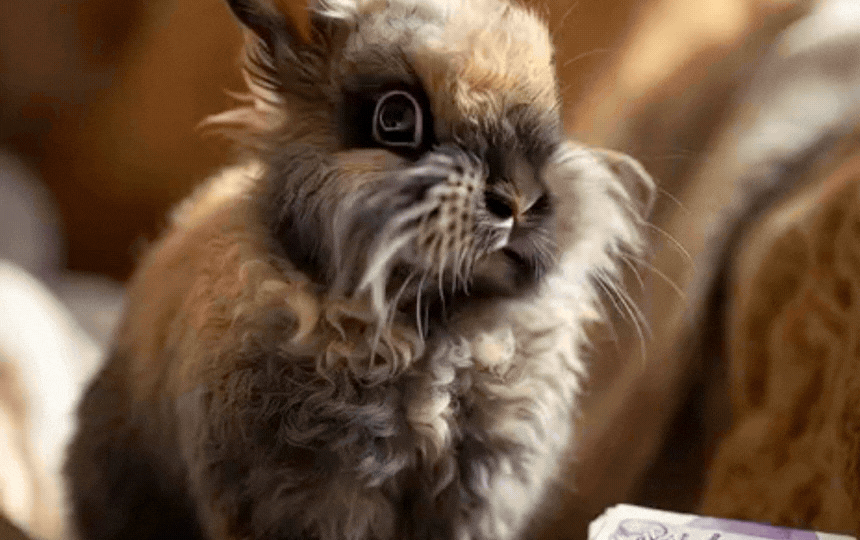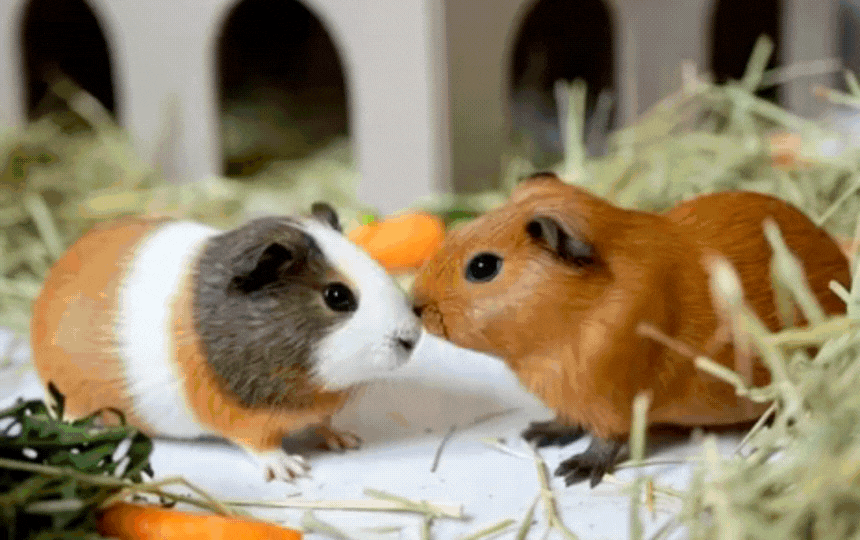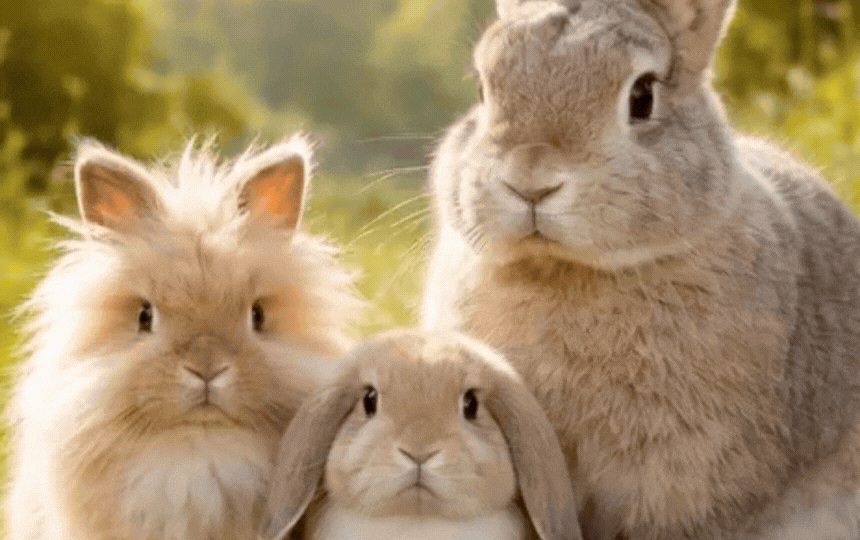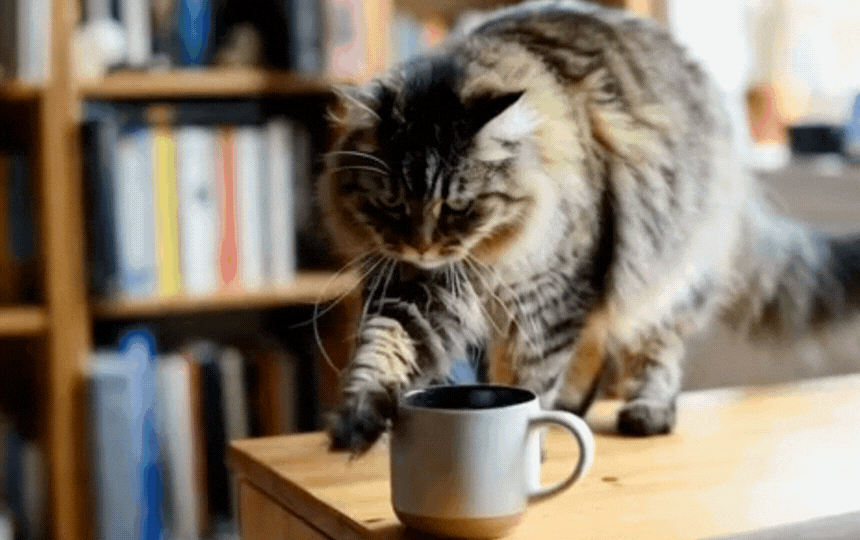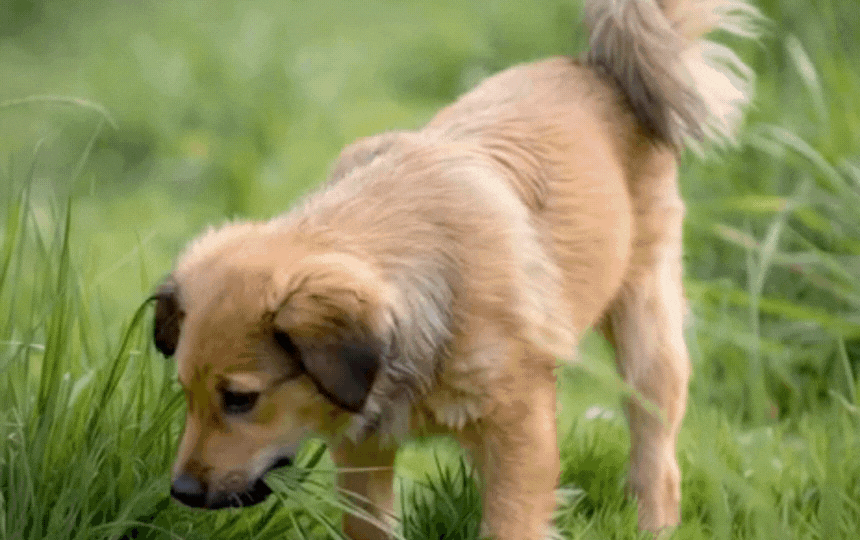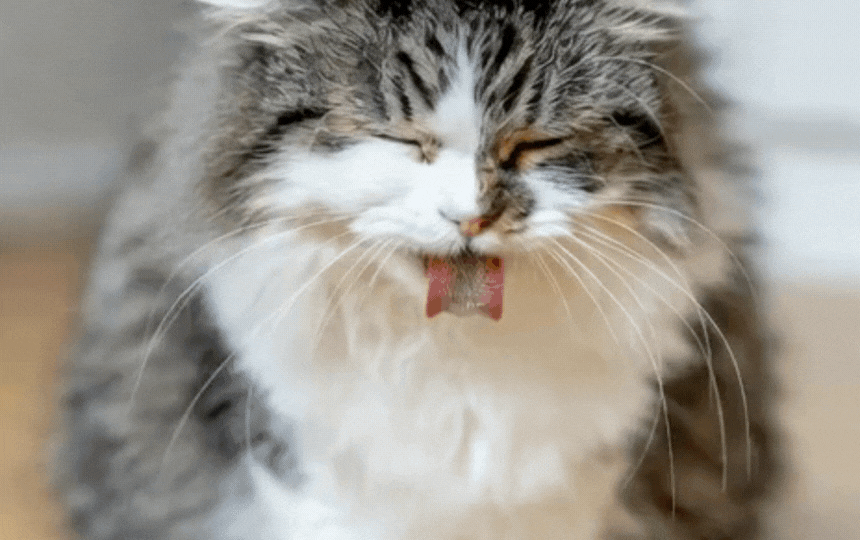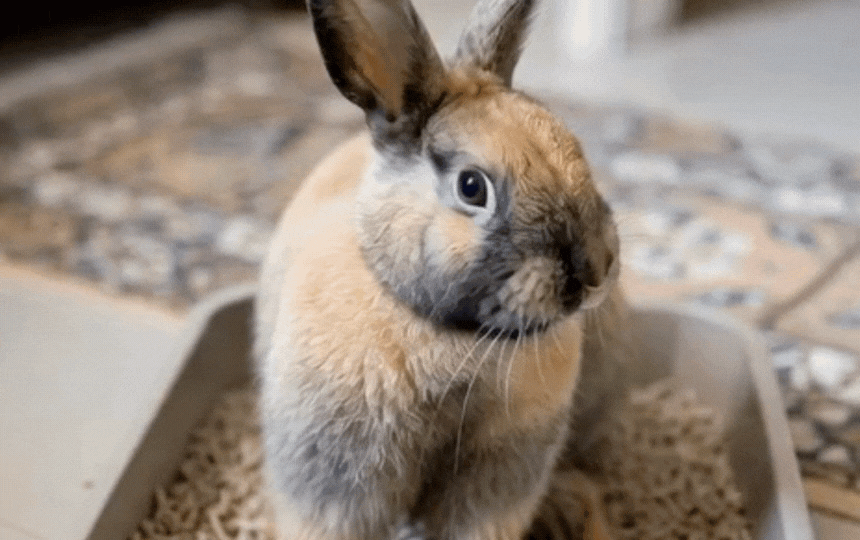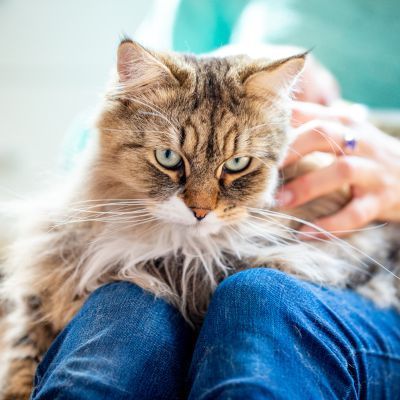Rabbit – Origin
The origin of Rabbits
The original European wild rabbits evolved about 4,000 years ago in Iberia.
Visiting Phoenician merchants referred to part of Iberia as ‘I-shephan-im’ which means land of the rabbits. This was translated as ‘Hispania’ or as we know it today – Spain.
When the Romans arrived in Spain during the Second Punic war in the 2nd century B.C. they quickly started farming them in a practise known as cuniculture. Initially the rabbits were kept in fenced off scrubby areas but they kept tunnelling out and it wasn’t long before every rabbit enclosure was as closely guarded as the emperor’s own palace. Some speculate that this use of centurions has contributed in a small way to the downfall of the Roman Empire…
The increasing trade amongst countries helped to introduce rabbits to every continent except for Antarctica. The plentiful food supply, as a result of humans getting better at growing crops and cultivating more land into fields full of food, provided rabbits with an ideal habitats and this combined with their famously fast rate of breeding meant that they established themselves quickly wherever they went.
Wild rabbits are said to have been first domesticated in the 5th Century by the monks of the Champagne Region in France. Monks were almost certainly the first to keep rabbits in cages as a readily available food source, newly born rabbits, Laurices, were not considered to be meat and were therefore allowed to be eaten during Lent. The monks started to experiment with selective breeding for traits such as weight and colour of the fur.
Rabbits were introduced to Britain during the 12th Century, and during the Middle Ages, the breeding and farming of rabbits for meat and fur became widespread throughout Europe. Some sources also suggest that some women among the medieval gentry kept rabbits as pets. The selective breeding of European rabbits meant that distinct breeds arose in different regions, and the origins of many old breeds can be traced back several centuries.
During the industrial revolution many brought their rabbits with them to the towns. They were an important source of food (a pair can produce up to 90kgs of meat a year). But in the 19th century the Victorians started to breed rabbits for shows and competitions. Since then we have more or less stopped eating rabbits in the UK although in many other countries they are still a regular part of the diet.
After the wars rabbits became commonplace as household pets. Rabbits have now become the third most popular pet after cats and dogs in the UK, unlike cats and dogs however they are traditionally seen as ‘pet for children’, and often sadly misunderstood.
During the last 30 years or so, attitudes towards rabbits as pets have been shifting and there is now a better understanding of rabbits, their basic needs, their intelligence, personality and behaviour. Rabbits are increasingly seen and treated in the same way as cats and dogs, as a rewarding companion or family pet and they are given the same level of care and attention including routine vaccinations, healthcare, and a much greater freedom and interaction with their owners.
THANK YOU
Thank you for reading this post. We hope that you found it helpful and hope to you visit this page again soon. For more information, fun facts and cute photos, please follow us on social media. ❤️
Disclosure & Disclaimer: Some of the links in this blog may be affiliate links, which means we earn a small commission if you click through and make a purchase. This comes at no additional cost to you but helps support the continued production of content. We only recommend products and services we believe will add value to our audience. The content provided is solely for informational purposes. Any advice provided is based on personal experience and research and may not be suitable for everyone. Before implementing any advice, please consult with a professional to ensure it's appropriate for your specific situation. Thank you for your support.

